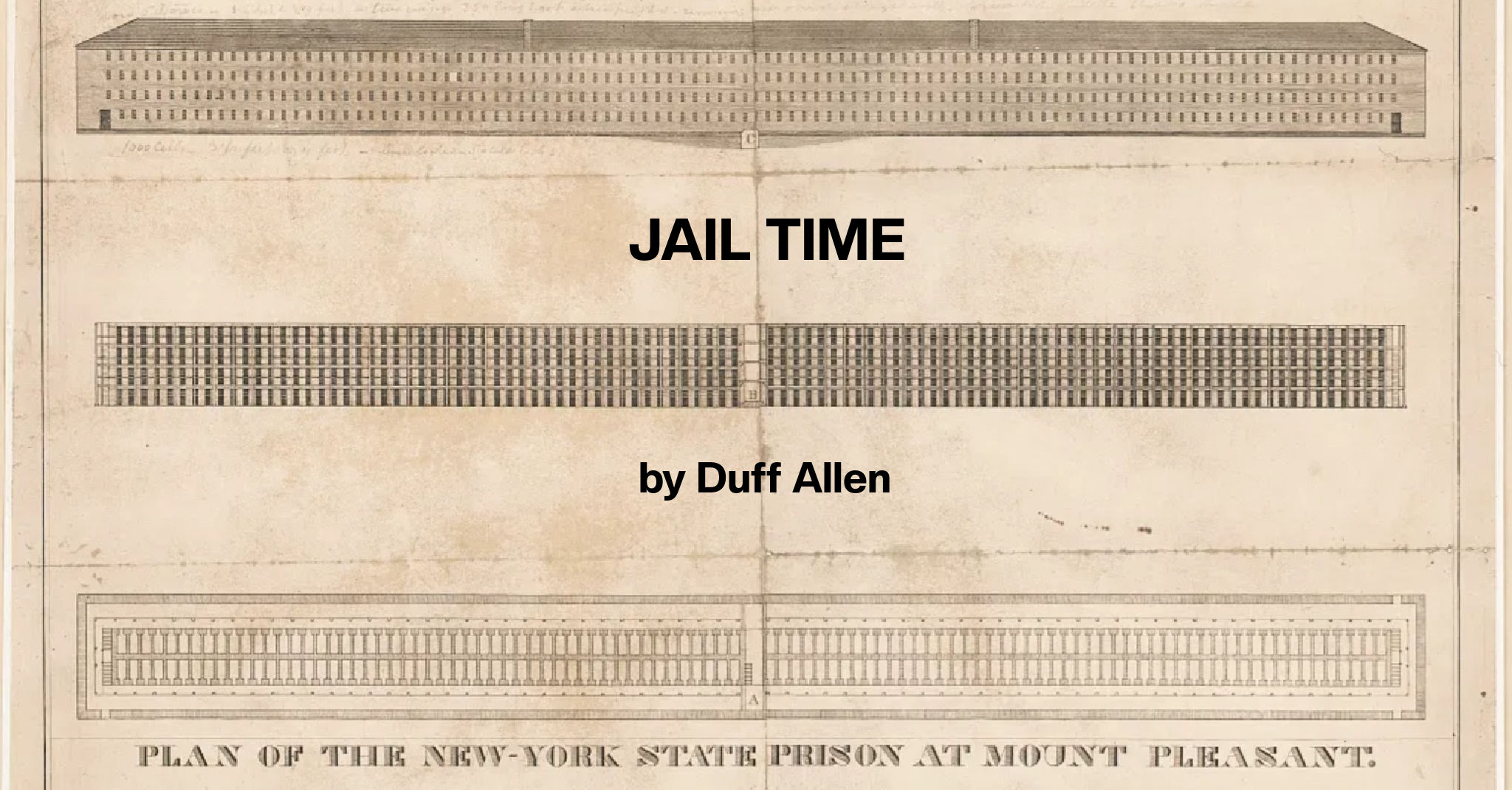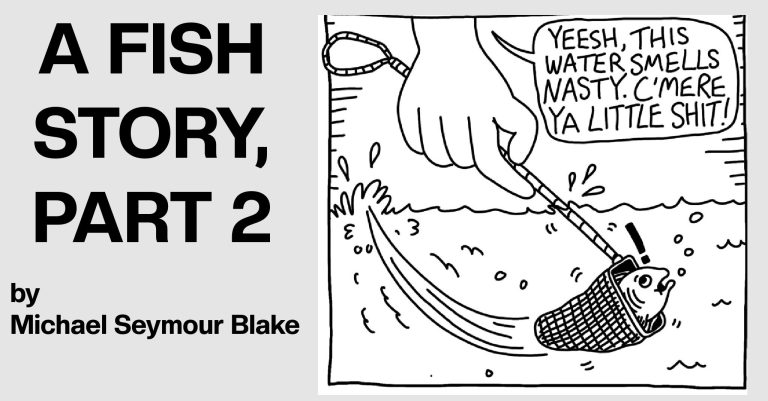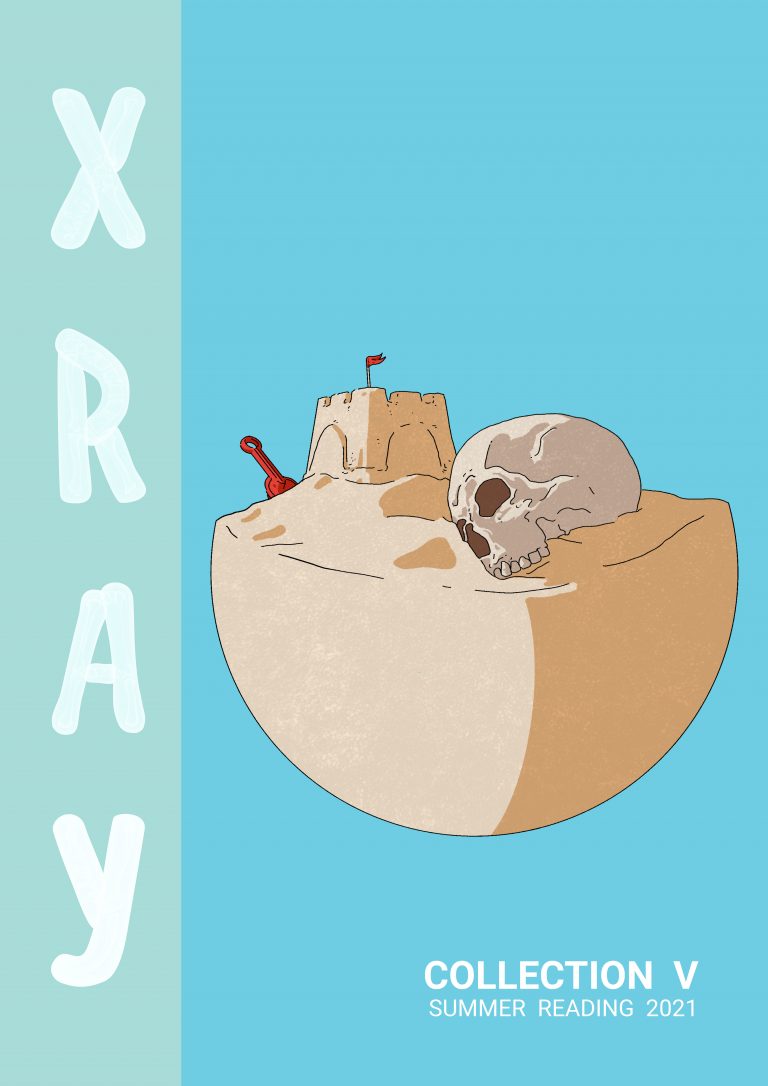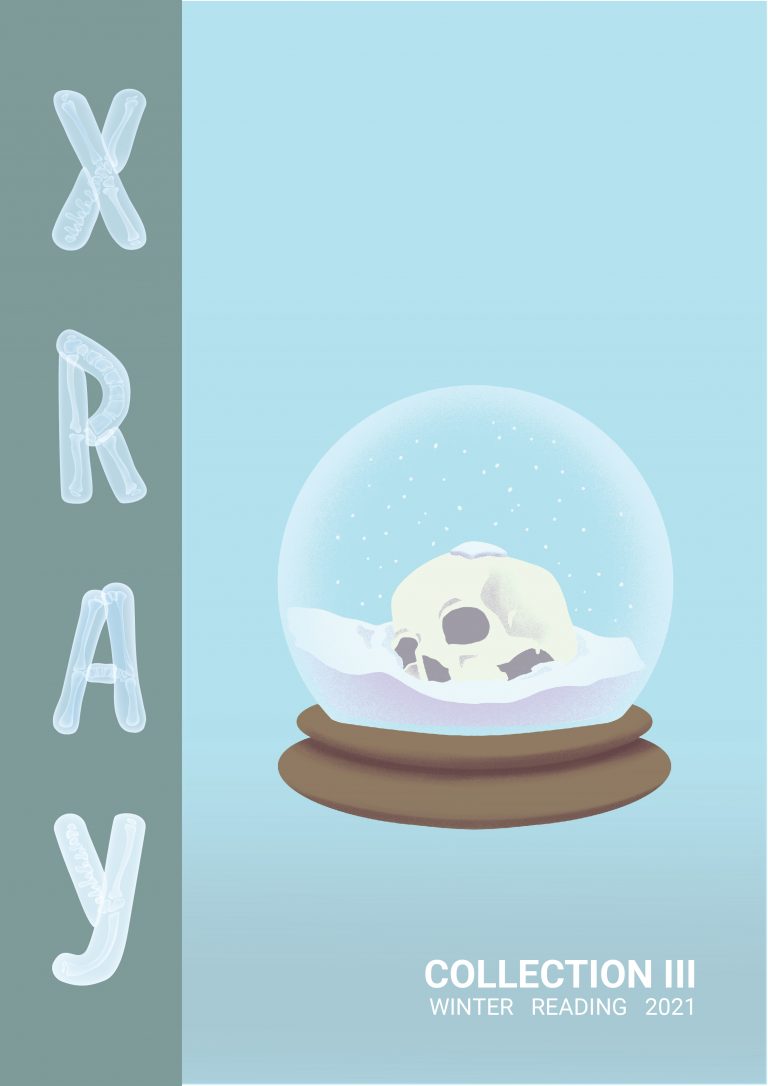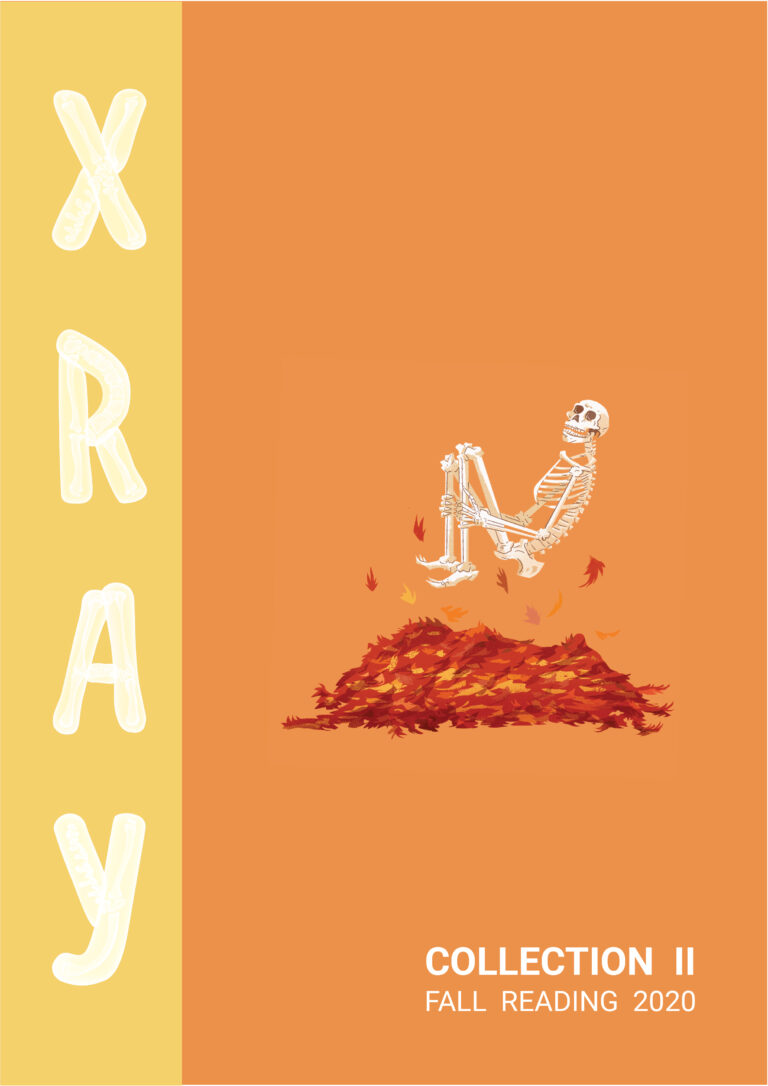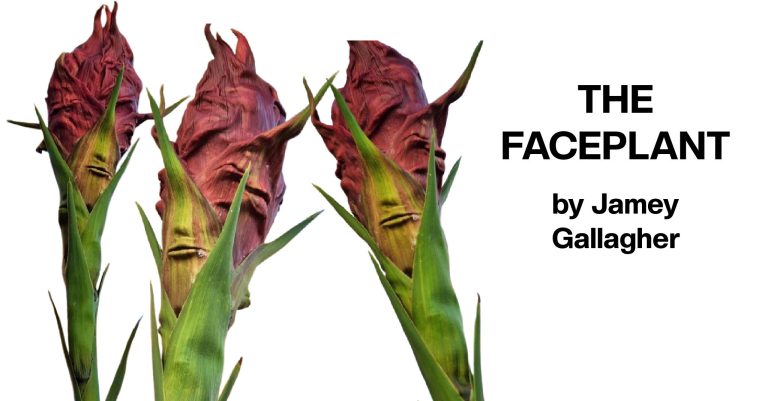
THE FACEPLANT by Jamey Gallagher
We got the plant at the plant show and we brought the plant home and we put it on the windowsill and we watched it—not constantly but a lot more than we watched our other plants. Its lanceolate leaves grew fast. It got these paper-thin blooms that grew and unfurled and became translucent and turned out to be faces. Lips, nostrils, cheeks, eyeholes: all the usual face parts. The faces, after they unfurled, made little motions all day. Moues, I guess you could say. Women’s faces, men’s faces, it was hard to tell which. Some of the faces were stunningly

WITNESS by Katherine Shehadeh
Mustawteneen. Every summer I visit Palestine, I learn new words. Some force their way to the forefront, defining the summer the way “songs of the summer” take hold of collective consciousness in America. Wanting to put this summer’s defining words to paper while the ordeal is raw, I’ve moved outside to an overlooked corner of the home abutting an olive grove. Someone hammers at the metal shop across the street. It’s windy and hot, a typical August in Palestine. We’ve been in Silwad, a hillside village with a respectably-sized population of about 6,000, for four days. Our first morning in,

DISCO AND THE INFERNAL CITY: AN INTERVIEW WITH CALEB BETHEA by Rebecca Gransden
The city lights up after nightfall, and Caleb Bethea knows the way. With Disco Murder City (Maudlin House, 2025) Bethea takes the lead, chasing fear along emptied alleys, into pulsating nightclubs filled with star-kissed divas. The sweat of violence and the will to get down infect every pore, and demons release their energy with a smile. Bethea decorates the city in cinematic grit and sparkle. The only thing more silver than the screen are the knee high platform boots. I spoke to Caleb about the book. Rebecca Gransden: Disco Murder City takes place in a world saturated in the

FETISH by Courtney McEunn
He loved how pale lines looked on my skin. After we fuck, he’d trace his fingertips up and down the jagged, raised scars. One night, he admitted jealousy. He wanted—no—needed to be there when it happened. Who was I to deny? I came over when the sun set. Every three nights. After his confession, he led me to his at-home office, grabbed a dull pair of hot pink Fiskars from the desk drawer and made the cuts. Not deep, but enough for warm bubbles to spill. He spread my blood with his tongue. He couldn’t wait long enough to take

JULIA FISHWELL by Kai Broach
When I met Julia Fishwell, I was trying out a lot of different deodorants. A fungal infection had left my armpit skin itchy and brittle. The Old Spice I’d used since puberty was too harsh. All the new ones too. Every week I smelled like a different person. Julia stared straight at me from behind the drug store counter. “You don’t want this one.” She swept my hypoallergenic stick from the conveyor to clatter against other rejections in a basket at her feet. She rapped the counter like I was a distractable pet. “I’ll be right back.” She stepped from

by Mike Topp
$25 | Perfect bound | 72 pages
Paperback | Die-cut matte cover | 7×7″
Mike Topp’s poems defy categorization. That’s why they are beloved by seamstresses, pathologists, blackmailers and art collectors.
–Sparrow

